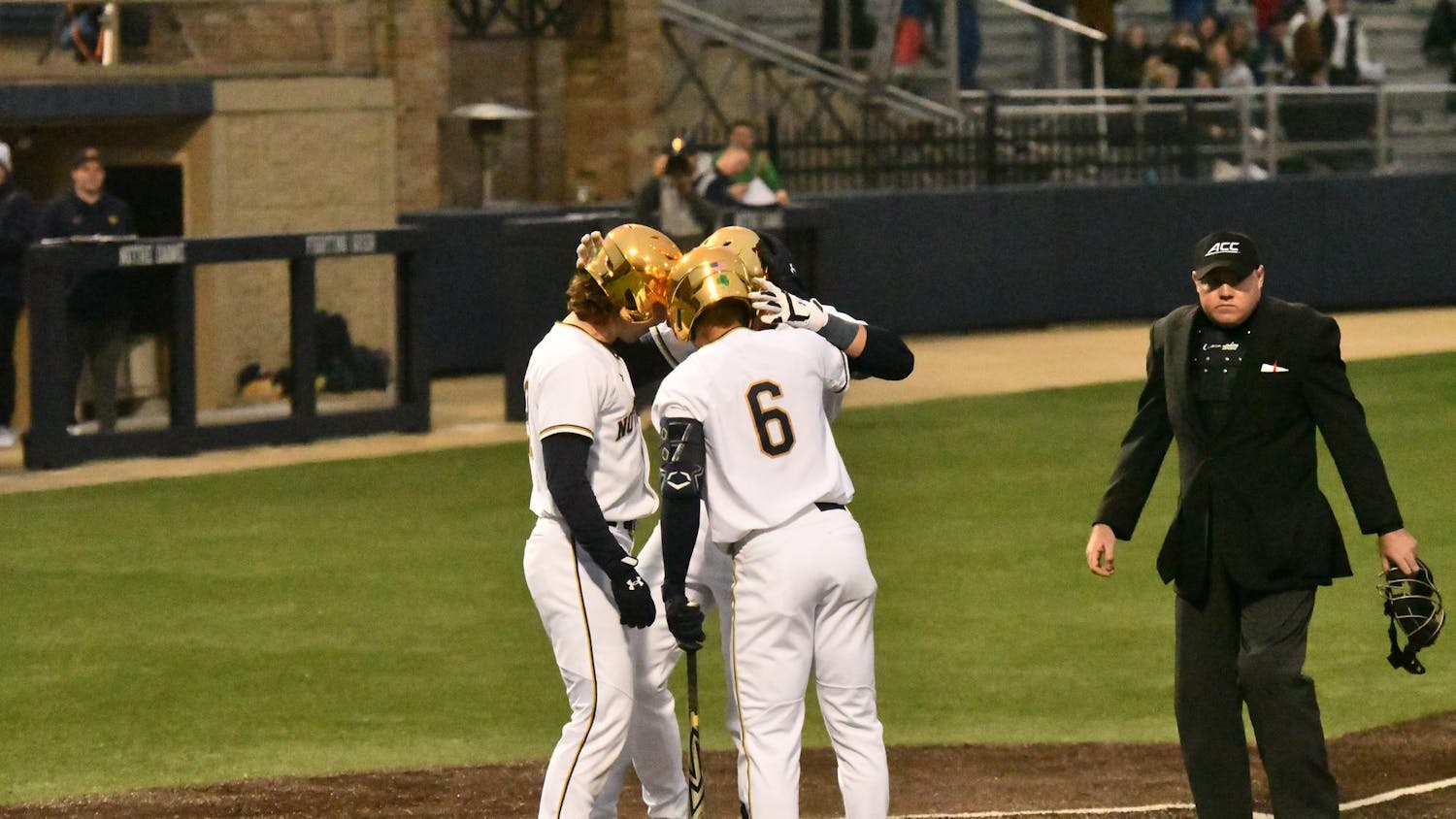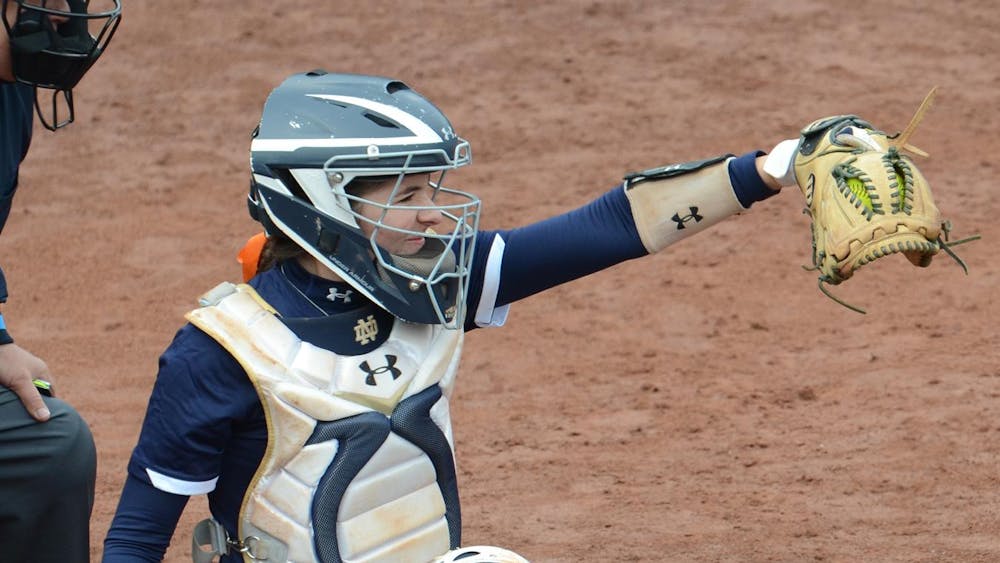There is something about baseball in October that is just different. The crisp fall air, the fans packing the ballpark, tension hanging in the air on every pitch.
I have been captivated by baseball ever since I went to my first game at seven years old. However, these last few years I have watched less and less regular season baseball. This may be in part because my favorite team, the Detroit Tigers, have been absolutely awful lately, as have many other teams which hope for a high draft pick. This alienates fans who cheer for a team who is blatantly not trying to win. Despite this, every year as summer ends fans find themselves craving postseason baseball.
There are a couple reasons why this is. First, the difference in the type of play. As the baseball world has shifted towards analytics, the small ball, the do anything to push a run across the plate mentality has fallen by the wayside. In its place are a lot of players who will hit 30 home runs in a season but strike out in a quarter of their at bats, as analytics say fly balls and line drives are much more valuable than ground balls even at the expense of potentially striking out. This leads to a decreasing number of runners on base and the defense having to make fewer plays. Case in point: in Aaron Judge’s rookie season in 2016, he set the rookie record for most home runs in a season with 52. However, he also set the rookie record for most strikeouts in a season with 208.
In the postseason, the strategy shifts. Managers ask their players to put the ball in play, steal a base or move the runner over far more often than they do during the regular season. This leads to more excitement, as the sustained tension that comes with having a runner in scoring position while knowing that run could make or break an entire season has fans leaning forward in their seats. This also makes home runs that much more meaningful, because they don’t happen as often and most playoff games are low scoring. Arguably, the close play at the plate as a runner tries to score is even more exciting than a home run, especially when it means so much to an entire season. One run means very little over the course of a 162 game season, but in the playoffs, it can mean everything.
A big problem regular season baseball has is that there are far too many games. This leads to a lack of excitement among fans, as there is a game nearly every day, while other sports like football and basketball have at least a few days between games which allows for excitement to build for the next matchup. Imagine if Notre Dame played a football game five times a week. Would we all still be so excited to go to every game? In the playoffs, there is more time in-between games, and each game means much more, which makes them that much more intense.
Another reason I enjoy watching the MLB playoffs more than the playoffs of other sports is that there is less parity. As more and more sports become unequal, baseball is trending the opposite direction. In college football, Alabama and Clemson have met in four consecutive college football playoffs. In the premier league, it can be safely assumed that Liverpool and Manchester City will finish as the top two teams every season. The NBA gave us five consecutive Cavaliers-Warriors finals matchups until that streak was finally broken this year. On the flip side, five different teams have won the last five World Series, and there is not a clear favorite this season. In the NBA playoffs, for example, there are always a couple first round matchups that are effectively decided before the players even step on the court. In baseball, however, any team can win any given series.
The MLB should make a legitimate effort to fix regular season baseball and attract more fans. They have made progress in the last few years, with commissioner Rob Manfred’s pace of play initiatives being a step in the right direction. Manfred has also done a great job with youth outreach and attracting younger fans, but he has failed to address the two main problems crippling regular season baseball: the length of the season, and the recent tanking that has pervaded the league. Until he addresses those, the MLB should enjoy its one month of coverage because it won’t get much the rest of the year.













